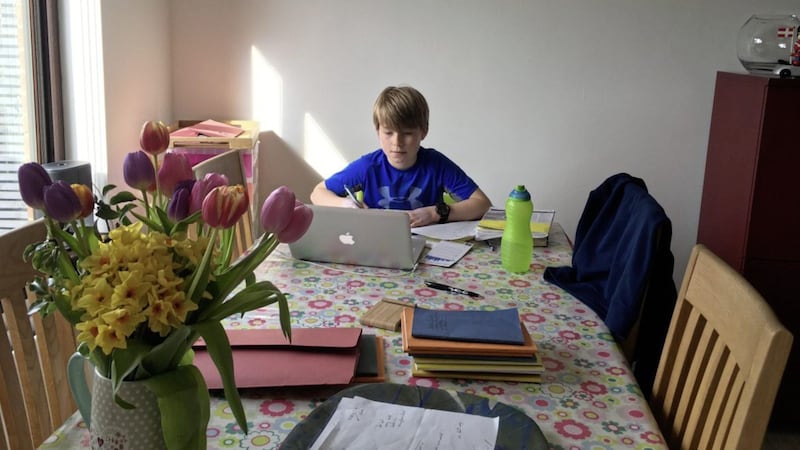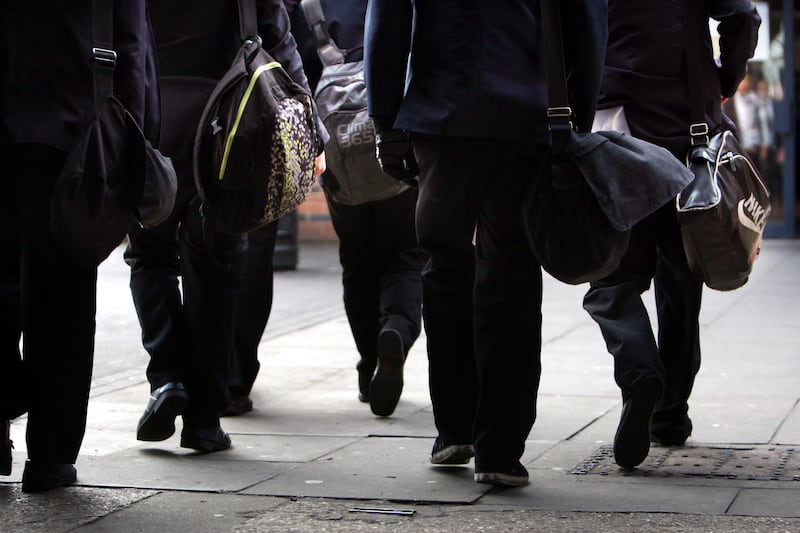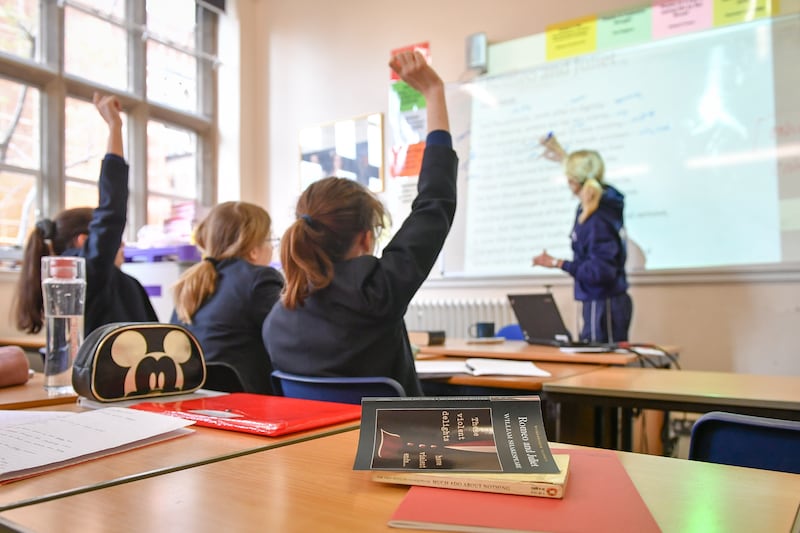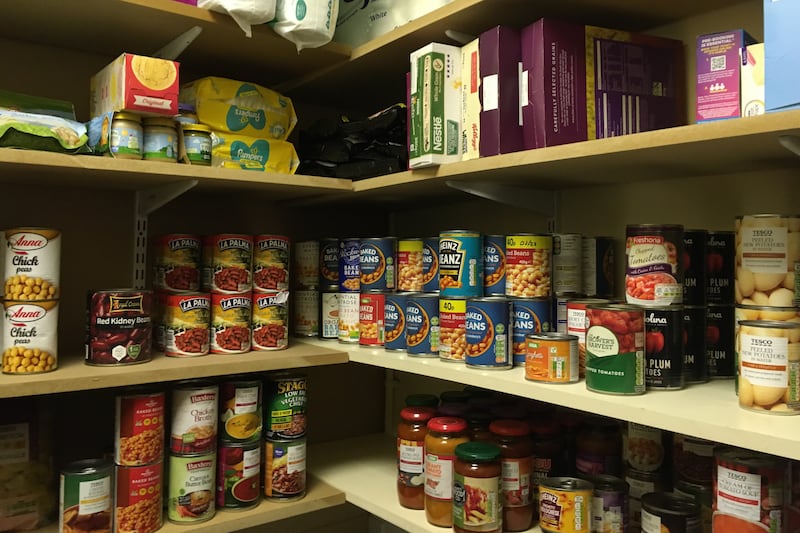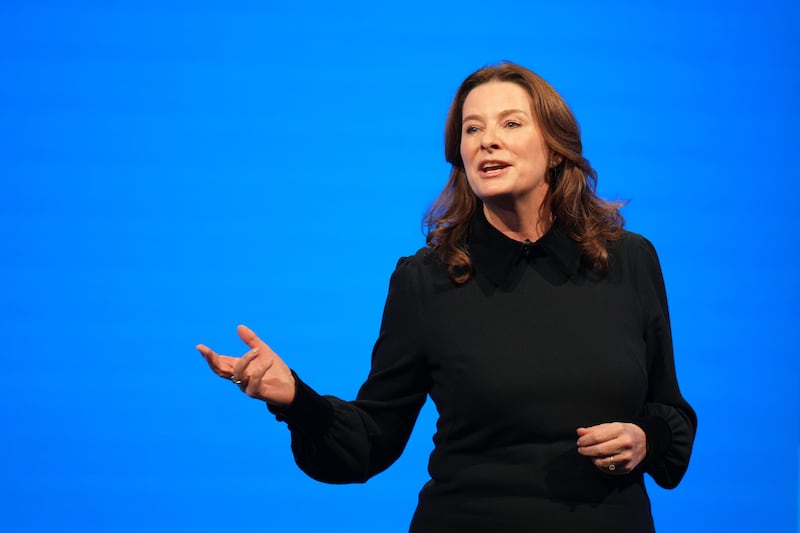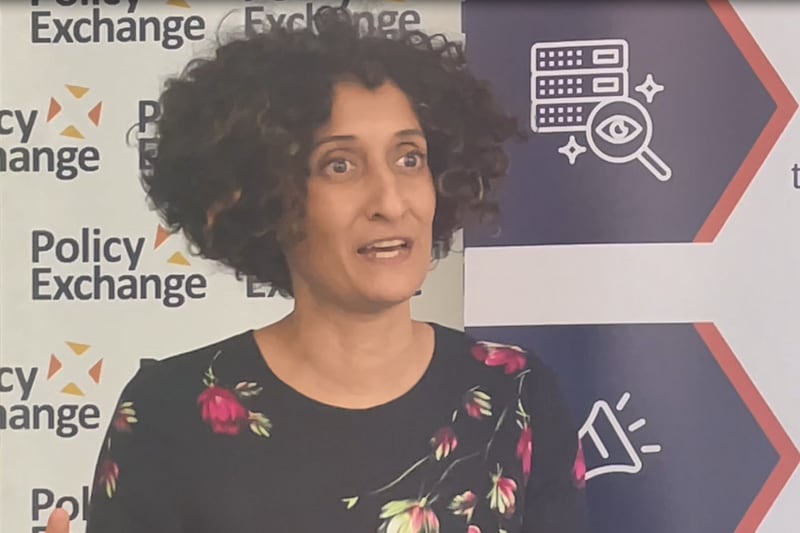WHEN it comes to home-schooling, the school bit is the easy part. It's the being at home together - all day, every day - that has us wanting to play truant.
OK, it's not that bad, at least not yet, though everyone's experience will be as different as their own children.
Isaac is in P7 - or at least he was - and celebrated his 11th birthday just 10 days ago, on the wrong side of the school shutdown.
He's also an only child and in our case it's just the two of us at home during the day.
We've stuck to our regular daily routine; not only is this not a holiday, but his mother - one of the legion of 'key workers' walking towards the Covid-19 danger - is still heading off to work each day.
We leave the house each morning at around 8.30am, as if we were walking to school, using the officially-sanctioned exercise opportunity to see what's going on in our village.
Not a lot. As last week dragged on towards Friday, the roads got quieter and quieter. It's eerie, and emphasises the isolating times in which we now live.
Back home, and the 'school day' gets underway as the combination of a highly-organised school and teachers, Google Classroom and a motivated P7 pupil swings into action.
I can more or less leave him to it, Isaac at one end of the kitchen table and me at the other (it felt odd that we would both be at home but in separate rooms).
He arranges his own timetable and 'to do' list, based around alarms he has set on his mobile phone to mimic the school day.
Journalism might be based around deadlines but these tend to big, single-focus targets, once a day or once a week; I've started to appreciate the multiple 'micro-deadlines' of our at-home school day, particularly when it comes to lunch time.
My wife calls me 'the camel', and not only because I get the hump. I can go all day without eating, and often do at the Irish News.
But in this new coronavirus dispensation, sharing break time and stopping for lunch together has allowed a whole new father and son ritual to develop.
Isaac has skewed his timetable towards his own interests. That's why there is a lot of PE and at least three 'music lessons' each day.
At home, there are opportunities to take things in directions that aren't always available in school. He has been mixing his own tracks on the iPad using GarageBand and, as I write this, he's perfecting his Helter Skelter from The Beatles 'White Album' (I can do neither of these things).
Some parents may well feel the temptation to fill every waking moment of their children's day with meaningful activities.
However, boredom is a virtue; it encourages children to use their own imaginations and ingenuity.
That's how he came to build himself an elaborate den in the living room and make a stop-motion animation with 1,800 photographs (I can't do that either).
He also set about whittling some old sticks in the garden - "Where's the Stanley knife?" isn't something that teachers generally want to hear in the playground...
Is this any substitute for being separated from his school friends? I suspect not. The social and emotional effects of the abrupt way in which children were uprooted from their classrooms and peer groups may prove to be profound.
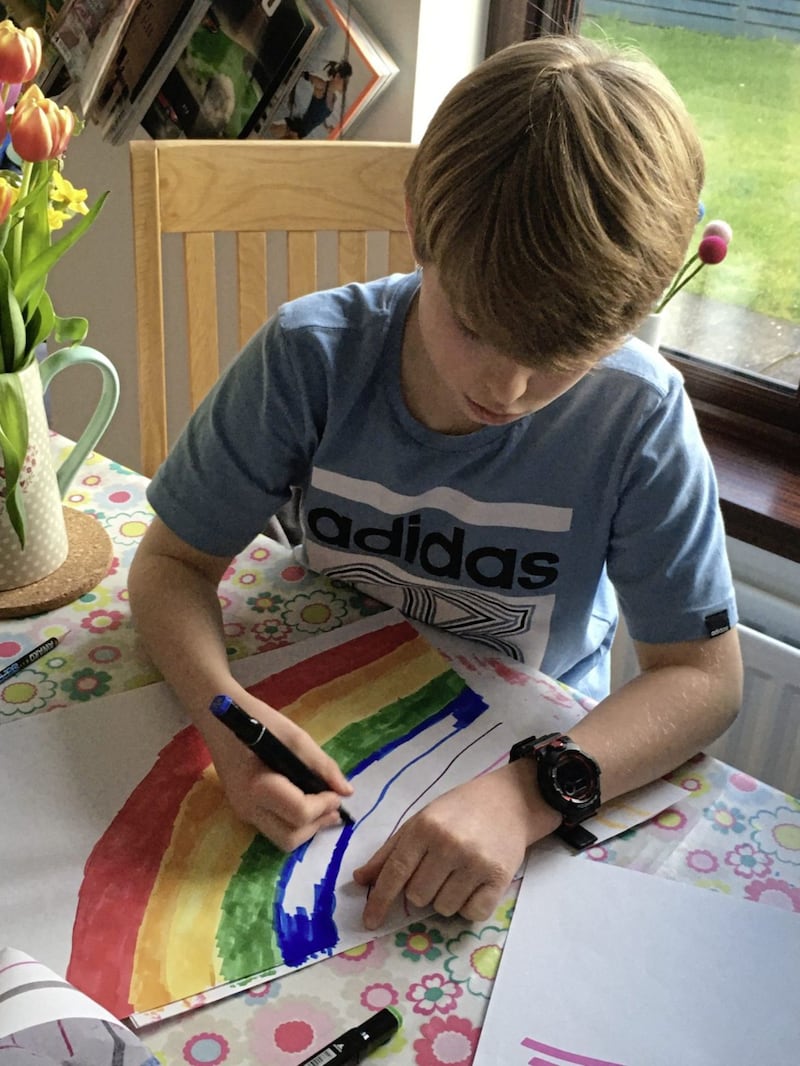
By Isaac Scholes
NOT being at school has been pretty good so far because the second you finish your work you can do whatever you want (within reason).
For example, I like being able to play my guitar and do exercise or a work-out.
In school, however, when your work is completed you are usually given an extension activity.
There are two other good things about being at home. Dad sometimes lets me have my phone at break time - and that would never happen in school.
The other good thing is that when I am reading I can pretty much do it anywhere - on my bed, on the sofa, in my den and even outside. This is much better than sitting at a desk.
However, there are a few negatives with being off. There are obviously no more after-school clubs - I really enjoyed these - and because I am in P7 I am sad that if we don't come back to school we won't go on our big trip to Northumbria.
The worst thing is that I can't see my friends any more, though the teachers have said that we will probably have a get-together at some point.
